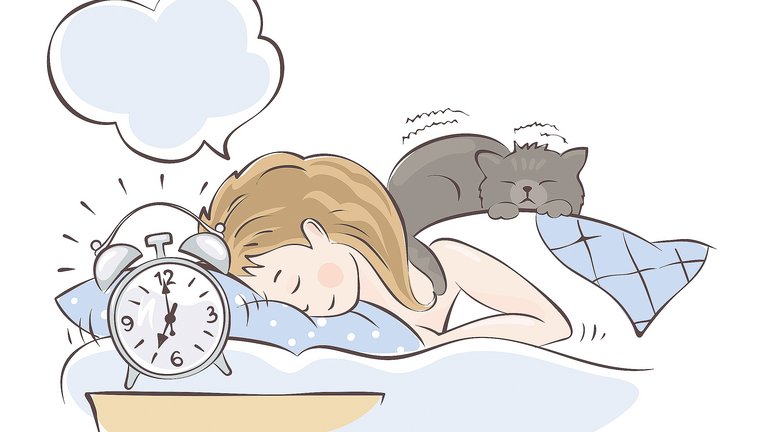The kidneys and the eyes share a common link. As a result, the risk factors associated with kidney disease can lead to eye problems. Read in our article the most common eye diseases and how to prevent it.
Dizziness
There are many possible causes for dizziness, like ear or eye problems, medications as well as even blockages to vessels in the head or stroke.
Low blood pressure (hypotension) is a common symptom which can also cause feelings of dizziness. This is related to the amount of water removed from your blood during dialysis treatment.
It is important to inform your care team when you experience feelings of dizziness so that your treating physician can evaluate the cause of dizziness in your specific case and adjust or adapt your treatment.
What to do if you experience dizziness?
Dizziness will usually go away on its own, but there are things you can take care of:
DOs
-
Take some rest, sit down, and get up slowly once dizziness passed
-
Move slowly and carefully
-
Stick to your daily recommended amount of fluids
-
Avoid coffee, cigarettes or alcohol
DON'Ts
-
Don‘t bend down suddenly
-
Don‘t get up suddenly after sitting/lying
-
Don‘t ignore feelings of dizziness
-
Don‘t do anything that could be dangerous while feeling dizzy (driving, climbing a ladder, using machinery, etc.)
If dizziness and other symptoms persist, consult your dialysis care team.
Fall, slip & trip prevention
1World Health Organization (2021): Falls, available via: https://www.who.int/news-room/fact-sheets/detail/falls.



